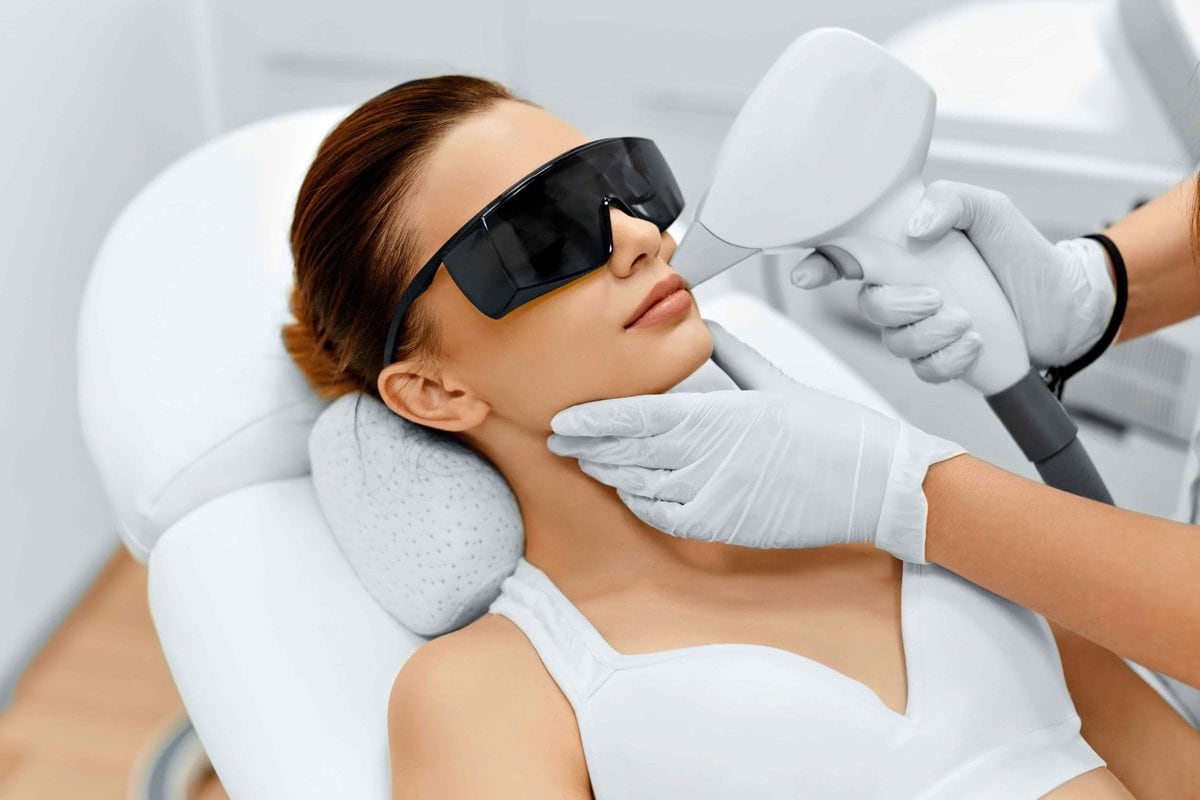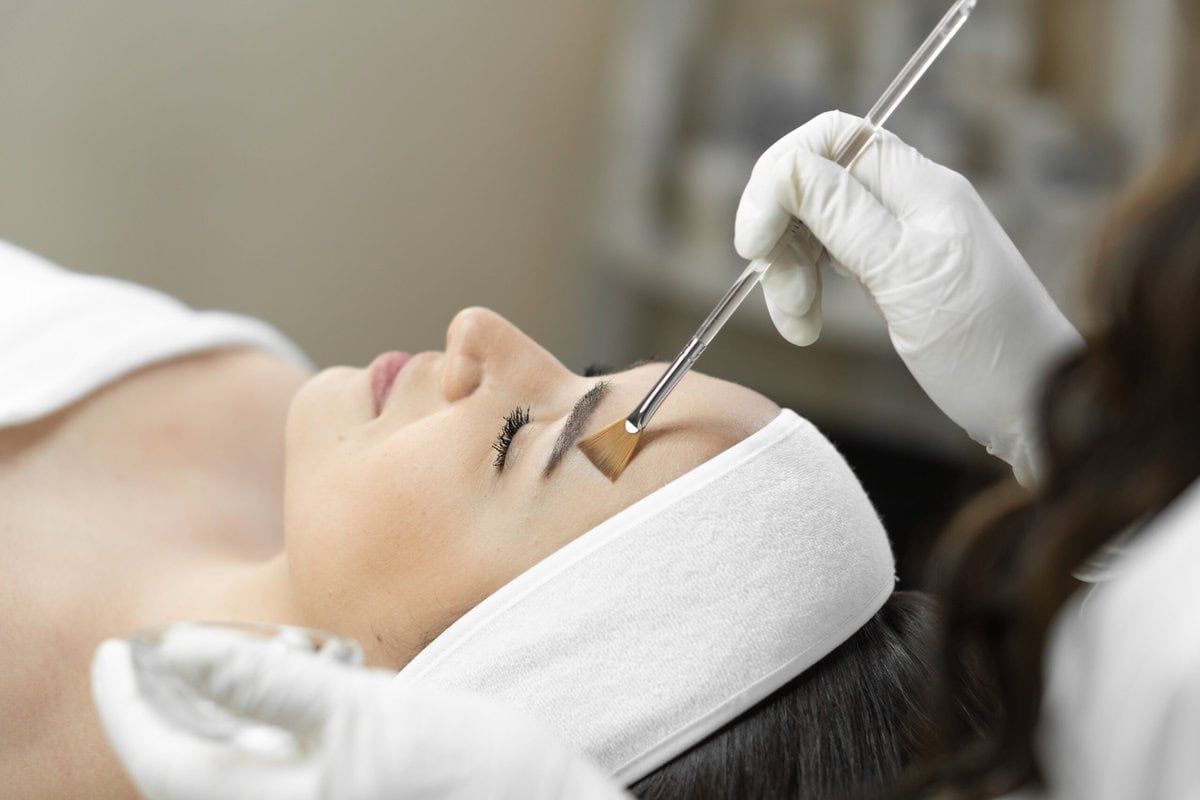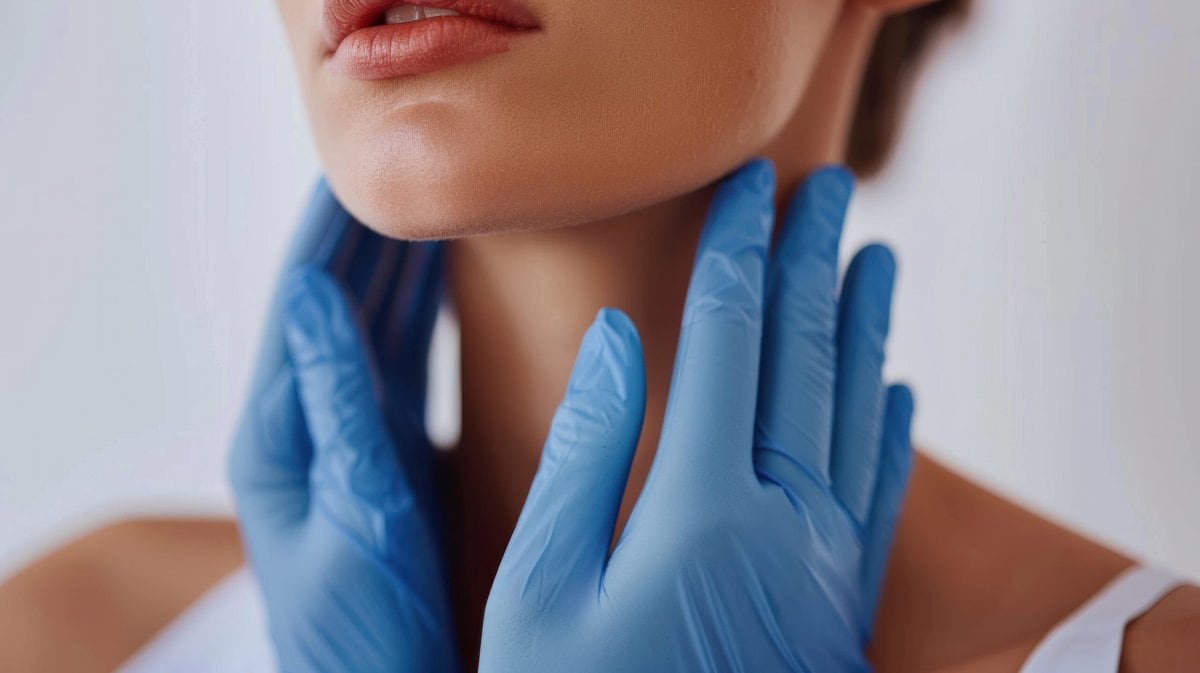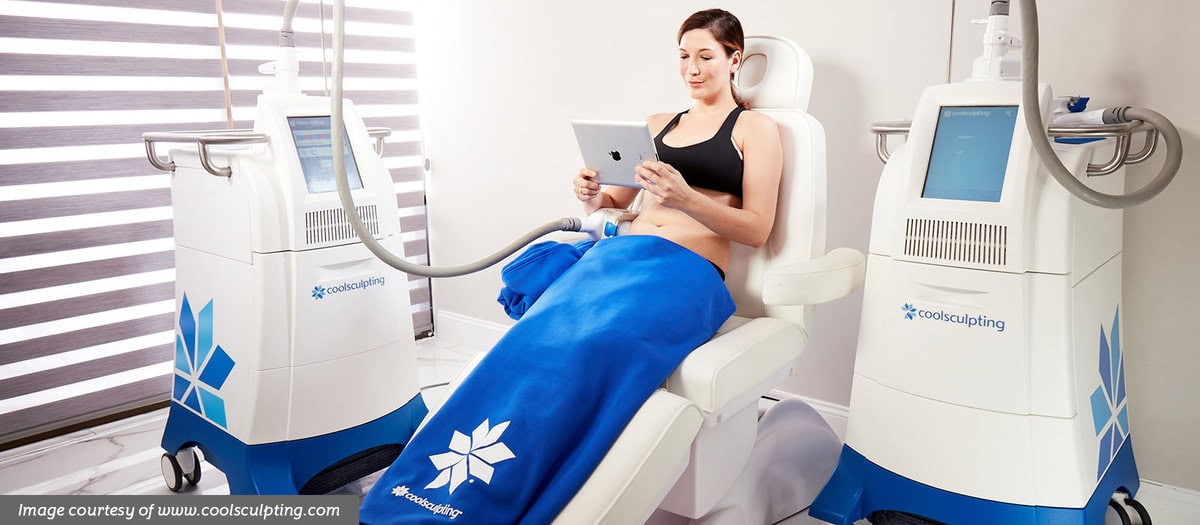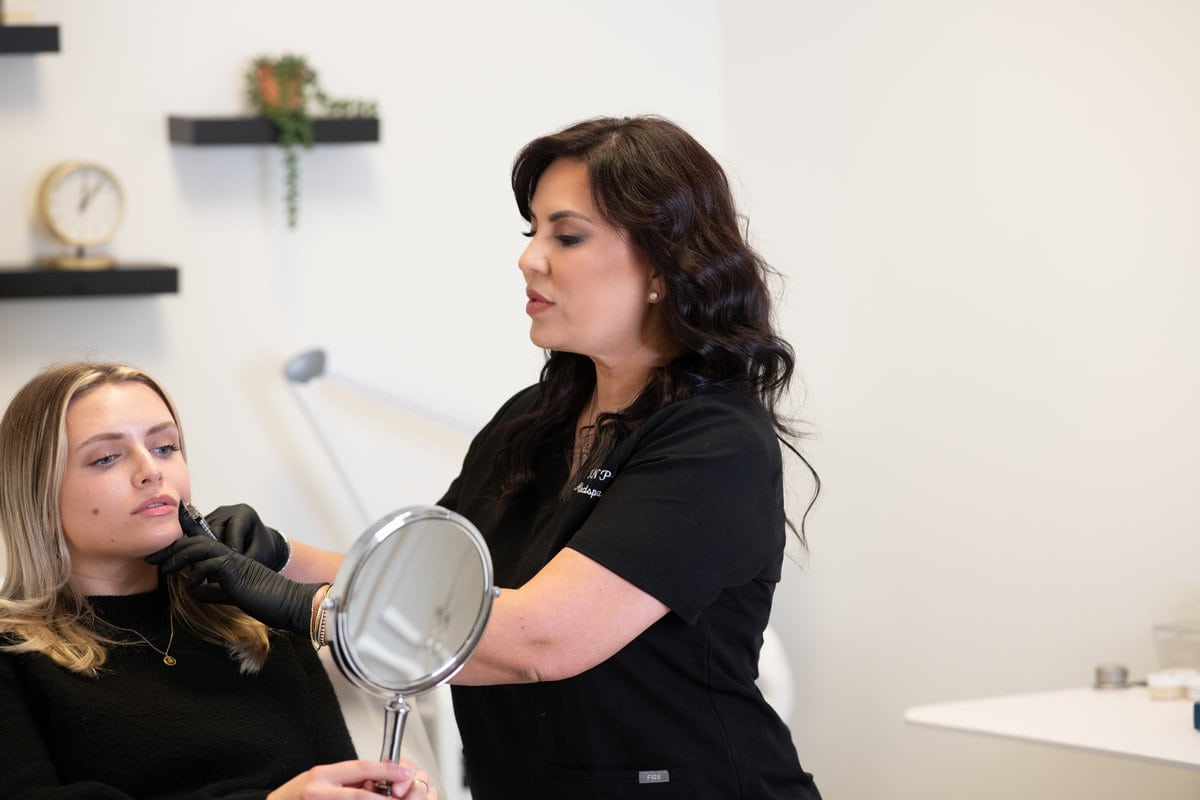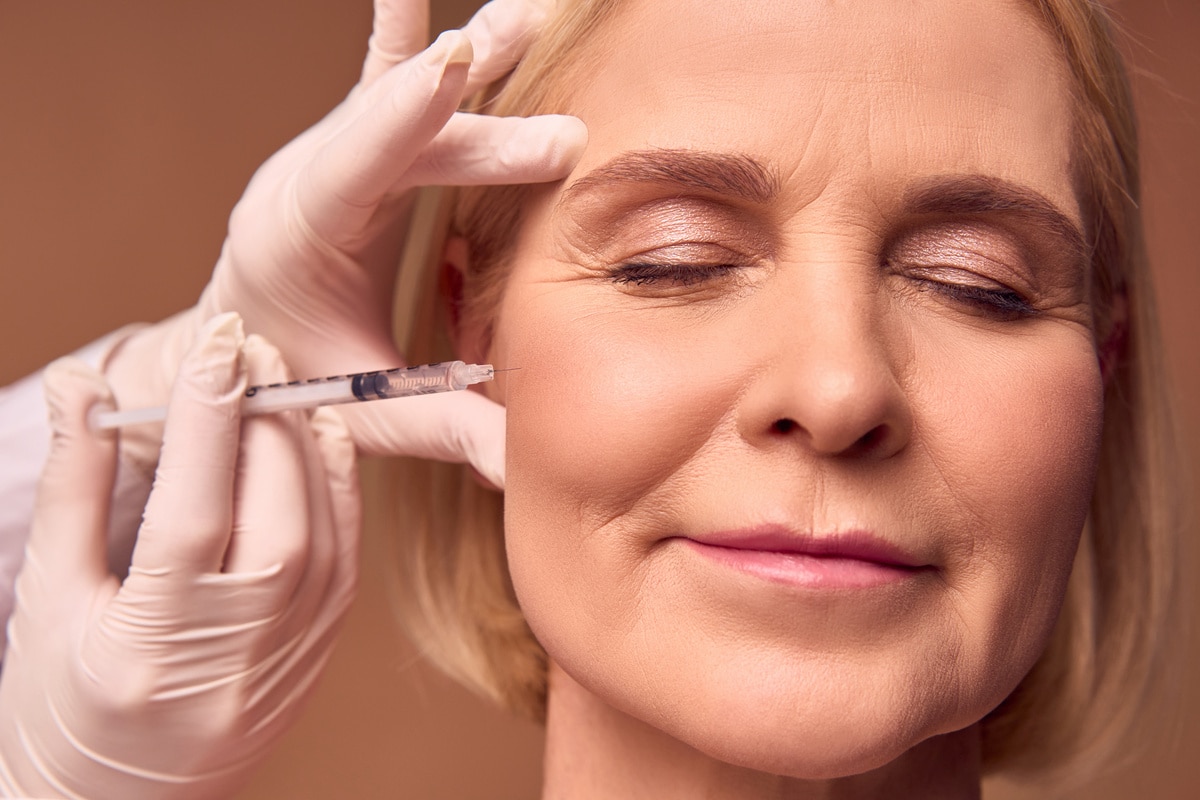What are Laser Treatments?
Laser treatments are medical procedures that use intense beams of light, called lasers, to target and treat various conditions. The laser emits a high-energy beam of light that can be focused precisely on a specific body area, allowing doctors to remove or modify tissue selectively.
Laser treatments are used in many medical fields, including dermatology, ophthalmology, dentistry, and surgery. They can treat many conditions, including skin problems like acne, rosacea, and scars; vision problems like nearsightedness, farsightedness, and astigmatism; and dental problems like tooth decay and gum disease.
Laser treatments can also be used for cosmetic purposes, such as removing unwanted hair, reducing wrinkles and fine lines, and lightening or removing tattoos. Some laser treatments are minimally invasive and require little to no downtime, while others may be more invasive and require more recovery time.
What are the types of Laser Treatments?
In exploring laser treatments, you can choose from various kinds, including the following:
Photo Rejuvenation: This treatment addresses skin concerns such as age spots, sun-damaged skin, large pore size, and unwanted redness. Photorejuvenation with IPL generates new collagen and triggers stubborn hyperpigmentation. Additionally, it shrinks pore size and enhances facial capillaries. The most common treatment areas of Photo Rejuvenation are the chest, back of the hands, shoulders, and forearms. To maintain optimal results, it is recommended to have three to five treatments.
Halo-Hybrid Fractional Laser: This treatment improves fine lines, skin texture, pore size, wrinkles, and skin tone. It also allows flexibility in treatment levels, which controls the downtime and damages it potentially gives. The Halo-Hybrid Fractional Laser targets skin penetration and restores a luminous glow to produce a youthful complexion! You can choose between a single and a series of treatments.
Laser Hair Removal: One type of laser treatment is laser hair removal which is FDA-approved and proven to remove unwanted hair safely. The treatment requires six to eight sessions for optimal results.
How are Laser Treatments beneficial?
Laser treatments can offer several benefits depending on the specific condition being treated. Here are some ways laser treatments can be beneficial:
- Precision: Lasers can target specific areas of the body with high precision, minimizing damage to surrounding tissue.
- Minimally invasive: Many laser treatments are minimally invasive, meaning they do not require large incisions or extensive recovery time.
- Reduced pain: Some laser treatments can be less painful than traditional surgeries or treatments.
- Improved healing: Some laser treatments can promote faster healing and reduce scarring compared to traditional treatments.
- Versatility: Lasers are used to treat a wide range of conditions, from skin to vision and dental issues.
- Non-surgical alternatives: Laser treatments can provide non-surgical options to traditional surgeries, reducing the risks associated with surgery and anesthesia.
- Stable results: Many laser treatments can provide long-lasting results with minimal maintenance or follow-up treatments.
What are the risks of Laser Treatments?
Laser treatments offer many benefits, but like any medical procedure, they also carry risks and potential side effects. The specific risks can vary depending on the type of laser treatment, the area of the body being treated, and the individual patient’s health and medical history. Some common risks associated with laser treatments include pain, swelling, redness, and changes in pigmentation. In rare cases, laser treatments can cause eye scarring or damage if not performed correctly. Also, laser treatments that involve tissue removal can increase the risk of infection, and laser treatments can cause burns if the laser is not used correctly or if the patient’s skin is susceptible. Patients considering laser treatments should carefully weigh the potential risks and benefits and discuss any concerns with a qualified medical professional.
Who are Laser Treatments for?
Laser treatments can be used for many patients with various health and cosmetic concerns. Depending on the type of laser treatment, laser treatments can be used for:
- Patients with skin conditions such as acne, rosacea, age spots, sun damage, or scarring.
- Patients with vision problems such as nearsightedness, farsightedness, astigmatism, or presbyopia.
- Patients with dental problems such as tooth decay, gum disease, or teeth whitening.
- Patients seek cosmetic treatments such as hair removal, reducing wrinkles and fine lines, or removing tattoos.
- Patients with medical conditions such as varicose veins, cancer, or skin growth.
- Patients are seeking non-surgical alternatives to traditional surgeries or treatments.
However, it’s important to note that not all patients are good candidates for laser treatments. Patients with certain medical conditions or taking certain medications may not be suitable for laser treatments, and patients with darker skin tones may require specialized laser treatments to avoid changes in pigmentation.
Results and Aftercare
The results and aftercare for laser treatments can vary depending on the type of laser treatment and the area of the body being treated. Here are some general guidelines for what to expect after laser treatments:
Results:
- Skin treatments: Many laser treatments can significantly improve skin texture, tone, and appearance. Some medicines, such as acne or scar reduction, may require multiple sessions for optimal results.
- Vision treatments: Laser vision correction can provide long-lasting improvements in vision, reducing or eliminating the need for glasses or contact lenses.
- Dental treatments: Laser dental treatments can effectively treat gum disease, tooth decay, and teeth whitening.
- Cosmetic treatments: Laser hair removal, tattoo removal, and wrinkle reduction can provide long-lasting results with minimal maintenance or follow-up treatments.
Aftercare:
- Avoid sun exposure: Patients should avoid sun exposure after skin laser treatments and use sunscreen to protect the treated area.
- Moisturize: Many laser treatments can dry out the skin, so patients may need to apply moisturizer regularly to keep the skin hydrated.
- Follow instructions: Patients should follow any instructions their medical professional gives, such as avoiding certain activities or using particular products.
- Take it easy: After specific laser treatments, patients may need to rest or avoid strenuous activities for some time.
- Attend follow-up appointments: Patients may need to attend follow-up appointments to ensure that the treatment works as expected and to monitor any potential side effects.
We must emphasize following the provider’s instructions to minimize the risks from the procedure. Encore Med Spa will guide you in this process as they show the best quality of Laser Treatments services. Contact them today and let your skin not wait any further!
